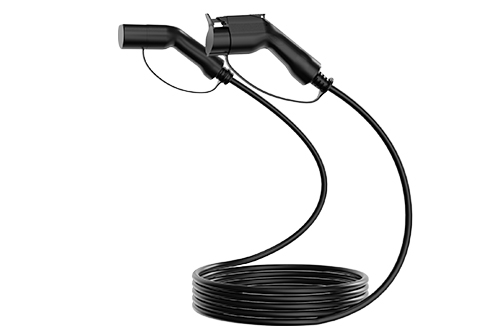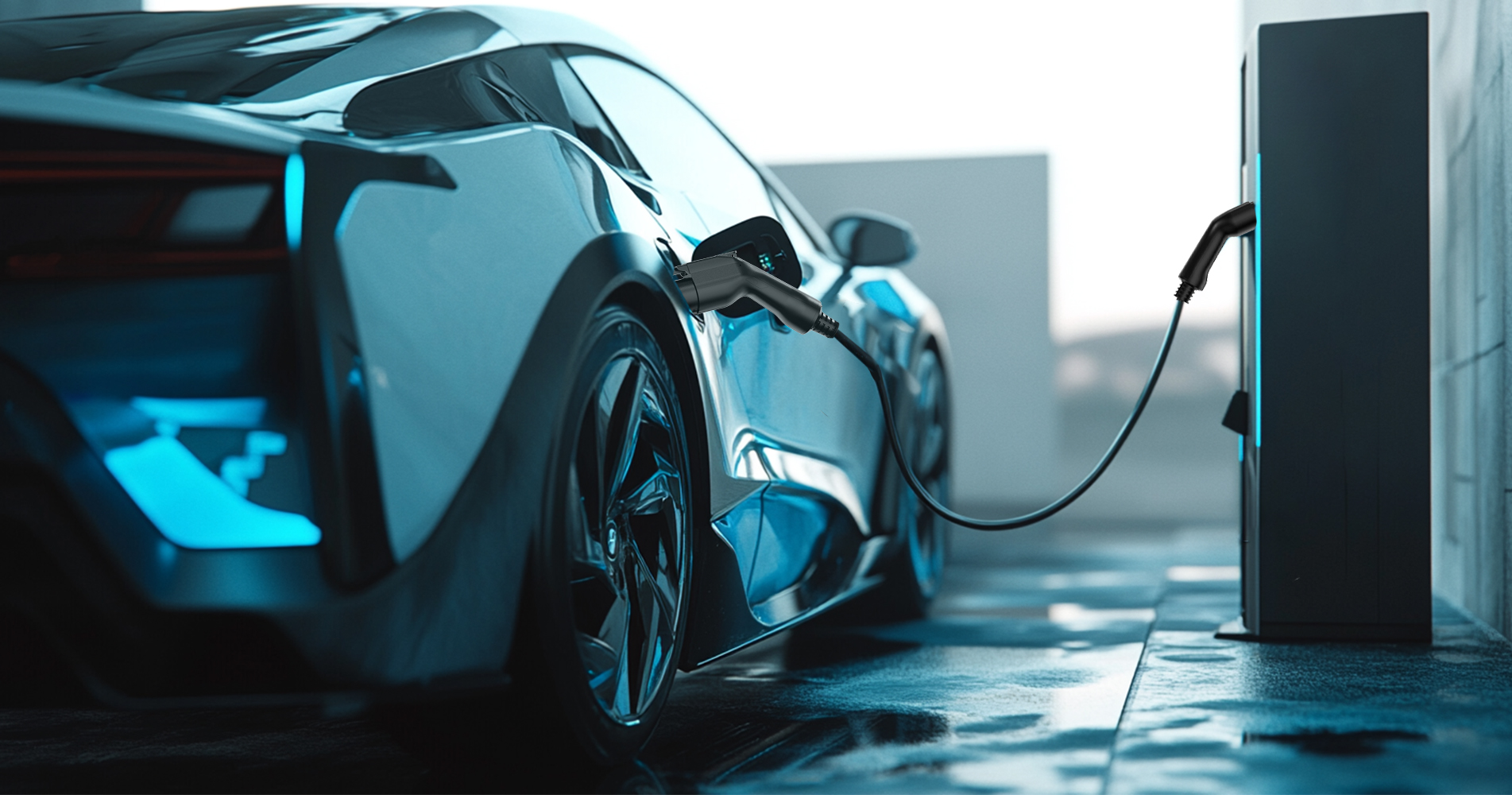The Joycharge Type 2 to Type 1 EV charging cable is an adapter or connector that allows electric vehicles (EVs) with a Type 1 (SAE J1772) inlet to charge at stations or from charging points that have a Type 2 (IEC 62196) connector.
Item NO.:
YT-IS3-AC1.0Order(MOQ):
1Payment:
30% T/T in advanceProduct Origin:
Jiangsu Province, ChinaColor:
Black, CustomizedShipping Port:
Shanghai/NingboLead Time:
15-30 days
Joycharge's Type 2 to Type 1 EV charging cable is the perfect solution for businesses looking to provide versatile and reliable charging options for electric vehicles. This high-quality adapter cable allows seamless charging of EVs with Type 1 (SAE J1772) inlets using Type 2 (IEC 62196) charging stations, ensuring compatibility across different regions and charging networks.
Engineered with durability and efficiency in mind, Joycharge’s charging cable supports fast charging capabilities, reducing downtime and enhancing the overall user experience.

For B2B customers, Joycharge's Type 2 to Type 1 EV charging cable offers unparalleled reliability and ease of use. The cable is constructed from premium materials to withstand frequent use in commercial environments, making it an ideal choice for businesses such as EV fleet operators, charging station providers, and automotive service centers.
With its robust design and secure connections, Joycharge’s charging cable ensures safe and efficient power transfer, helping you maintain a high level of service for your clients while meeting the growing demands of the EV market.

Joycharge Type 2 to Type 1 EV Charging Cable Features
| Rated Current | 16A/32A |
| Operating Voltage | 250V / 480V |
| Insulation Resistance | 2000MΩ(DC 2000V) |
| Contact Resistance | 0.5MΩ max |
| Withstand Voltage | 2000V |
| Fire-proof Rating | UL94V-0 |
| Mechanical Life | 10000 times of unloaded plug in/ off |
| Cable Material | TPU |
| Protection Level | IP54 |
| Enclosure Material |
PC |
| Terminal Pins |
Silver-plated copper |
| Working Temp. |
-30℃~+50℃ |
| Warranty | 24 months |
| Certification |
TUV/CE/UKCA/CB |
1. What is a Type 2 to Type 1 EV charging cable?
A Type 2 to Type 1 EV charging cable is an adapter that allows electric vehicles (EVs) with a Type 1 (SAE J1772) inlet to connect to charging stations with a Type 2 (IEC 62196) connector. This adapter is commonly used in regions where Type 2 chargers are prevalent, such as Europe, to ensure compatibility for Type 1 vehicles, which are more common in North America and Japan. The cable enables efficient charging by bridging the gap between different connector standards.
2. What is the charging speed difference when using a Type 2 to Type 1 charging cable?
The charging speed when using a Type 2 to Type 1 charging cable primarily depends on the capabilities of the charging station and the vehicle's onboard charger. Type 2 connectors can support higher power levels (up to 22 kW AC), but the actual charging speed will be limited by the vehicle's Type 1 inlet, which typically supports up to 7.4 kW. Therefore, while you can access Type 2 stations, the charging speed will be restricted to the maximum supported by the Type 1 vehicle.
3. What are the benefits of using a Type 2 to Type 1 EV charging cable?
Using a Type 2 to Type 1 EV charging cable offers several benefits:
- **Compatibility:** Enables Type 1 vehicles to access Type 2 charging stations.
- **Convenience:** Increases the number of available charging points, especially in regions with prevalent Type 2 infrastructure.
- **Flexibility:** Allows for charging at home or public stations without worrying about connector types.
- **Cost-effective:** Avoids the need for multiple charging cables or retrofitting vehicles with different inlets.
4. Is a Type 2 to Type 1 EV charging cable compatible with all Type 1 vehicles?
Generally, a Type 2 to Type 1 EV charging cable is compatible with all Type 1 vehicles. However, it is essential to verify the specifications and compatibility of both the cable and the vehicle to ensure safe and efficient charging. Most Type 1 vehicles are designed to work with standard Type 1 connectors, and the adapter should function seamlessly, but checking the vehicle's manual and the cable's specifications is always a good practice.
Our hours